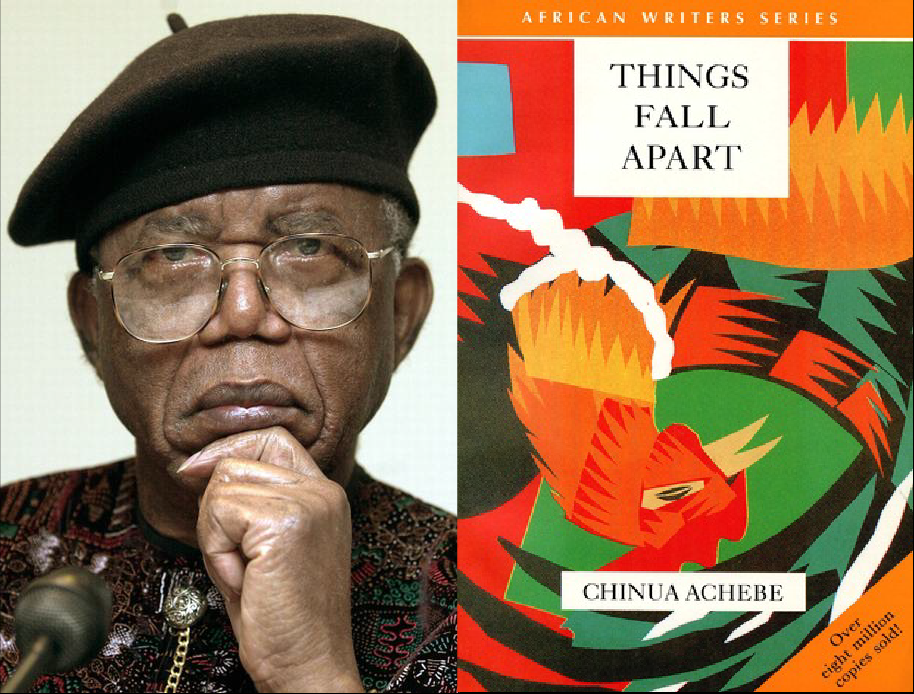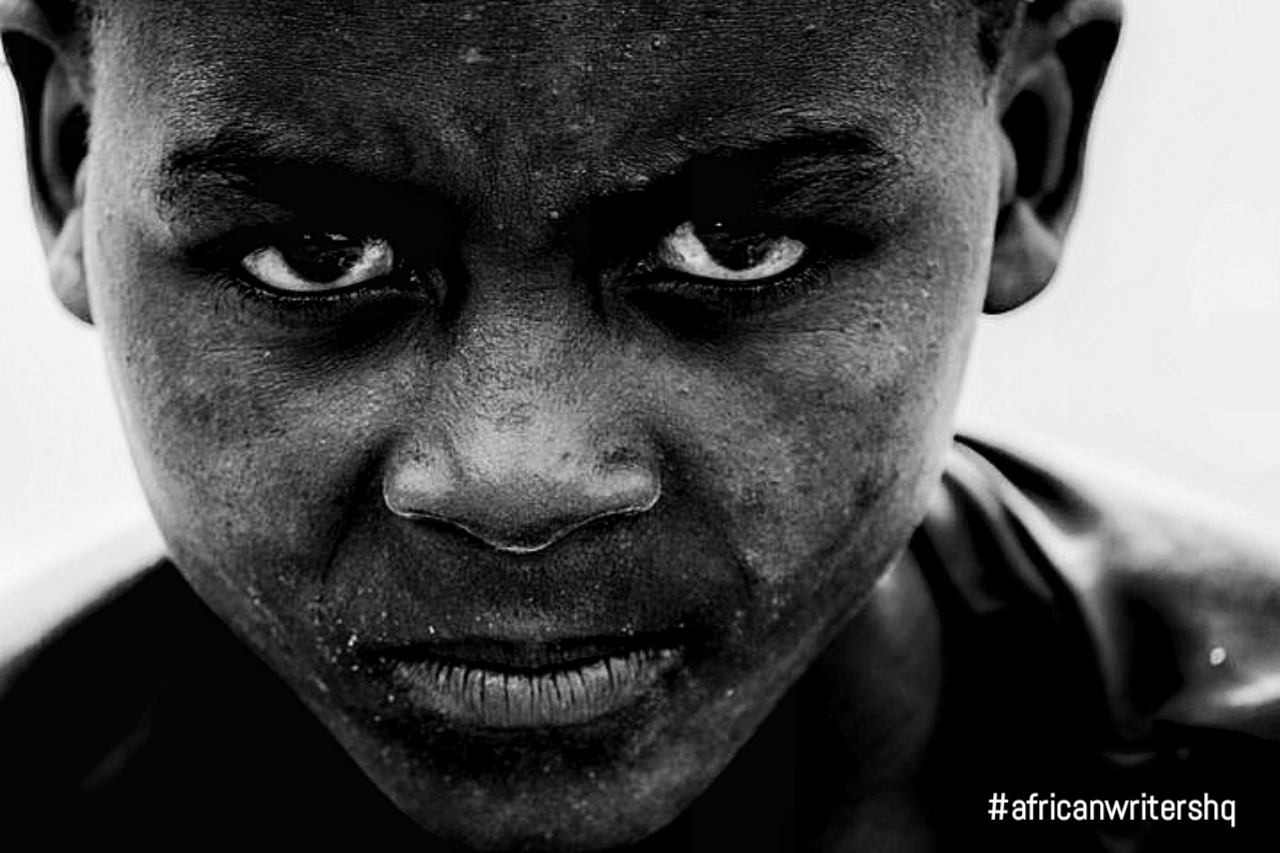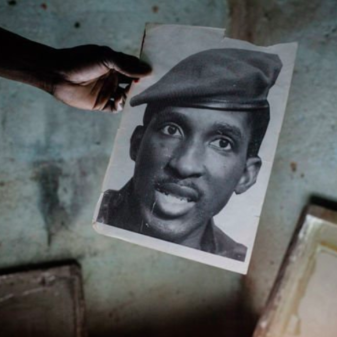“Among the Ibo the art of conversation is regarded very highly, and proverbs are the palm oil with which words are eaten,” wrote Chinua Achebe, the award-winning author and Igbo, in his acclaimed work of fiction, Things Fall Apart.
In this article, we list 15 handpicked proverbs in Things Fall Apart, spoken by the characters who are mostly Igbo people from South-Eastern Nigeria.
Some Igbos believe that if a proverb is thrown at one and is then explained then the person’s mother’s bride-price needs to be returned (which is a proverb in itself), but because I’m not judgmental this list will be coupled with attempts at context which I hope will introduce you to the artistic richness of the Igbo culture.

Let’s begin with the first one in the book and go in that order:
- “The sun will shine on those who stand before it shines on those who kneel under them.”
This proverb in Things Fall Apart says that good things get to great people first before they reach people who are not as great.
It points to the Igbo concept of ‘nkali’ which in English means ‘the state of being greater than or of having more privilege.’
- “If a child washed his hands, he could eat with kings.”
This is said about Okonkwo, the protagonist, in the beginning chapter of the book, and is a reiteration of the immense esteem placed on personal achievement by the Igbo people.
- “A toad does not run in the daytime for nothing.”
This one simply means that strange things do not happen without cause.
- “Let the kite perch and let the eagle perch too. If one says no to the other, let his wings break.”
This proverb in Things Fall Apart is a personal favorite. It says that even with differences people should co-exist peacefully, and if one decides to cause trouble for the other then the system would take that one out. It is the extended version of the statement, “Onye bili. Ibe ya ebili.” (If one lives, others should live too.) popularized by Highlife legend Osita Osadebe.
- “An old woman is always uneasy when dry bones are mentioned,” conveys the fact that people do not feel comfortable when things that hit too close to home are being discussed.
- “The lizard that jumped from the high Iroko to the ground said he would praise himself if no one else did.”
If a person achieves something but no one notices and applauds, then the person will praise themself.
What can I say? Igbos are self-loving people.
- “Eneke the bird says that since men have learned to shoot without missing, he has learned to fly without perching.”
This is the Igbo equivalent of the English saying: “Drastic circumstances call for drastic measures.”
- “You can tell a ripe corn by its look.”
If something is good, its goodness is visible to all.
- “Those whose palm kernels were broken for them by a benevolent spirit should not forget to be humble.”
Do not make too much noise if valuable things you have were given to, or difficult tasks were done for you by someone else.
This is another one pointing to the value Igbos place on personal achievements.
- “When a man says yes, his chi says yes also.”
Chi: personal spirit/god.
This is an echo of the Igbo belief that people succeed based on their strength and/or smartness and not on luck.
- “A child’s palms are not scalded by a piece of hot yam which his mother put in his palm.”
In Things Fall Apart this is said by Okonkwo when he is telling his friend, Obierika, that a person will not be hurt because they obeyed instructions.
- “When mother cow is chewing grass, its young ones watch its mouth.”
This proverb implies that children pick up traits and behaviors from their parents.
- “The dog says, ‘If I fall down for you, and you fall down for me, it is play.’”
We do not have this proverb’s meaning. If you do, please inform us in the comments. It is here because it is in the book.
- “If one finger brings oil, it soils the others.”
This means that one person’s misconduct can be taken out on a group with which they are associated; it could also mean that one misdeed leads to another.
- “Whenever you see a toad jumping in broad daylight know that something is after his life.”
It conveys that when strange things happen there is a reason behind it, which is most times a harmful one.
If you want more proverbs in Things Fall Apart added to this list, kindly comment.






The dog says:”If I fall down for you and you fall down for me, it is play”. This means that respect is reciprocal. It also means that if I help you and you too help me, it is love. It also means that life is a symbiotic relationship. Thank you.
I love proverbs
Never kill a man who says nothing, this means don’t kill a man who doesn’t offend you
This proverbs are really helpful in my project
Please can stuff like this come with intext citations? Also, can the proverbs in No Longer At Ease by Chinua Achebe be worked on? This was actually helpful, thank you.
I love it so much
“The dog says, if I fall for you, and you fall for me, it is play.” This means that respect should be reciprocal: If I am benevolent towards you, you should do well to reciprocate.